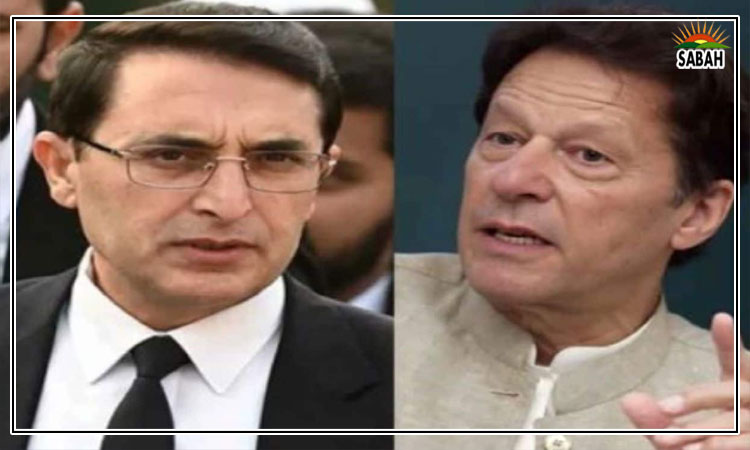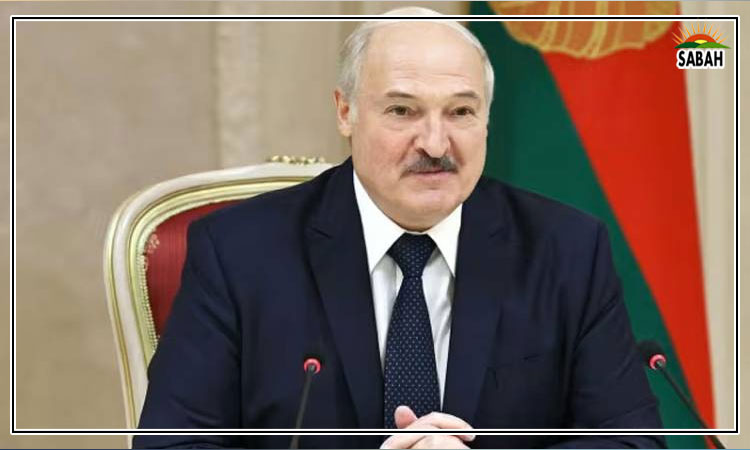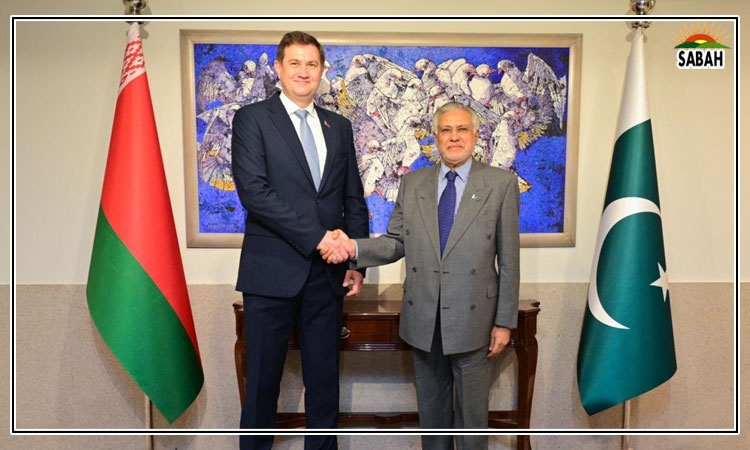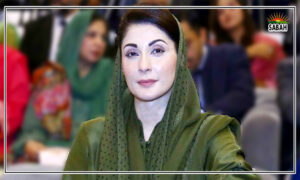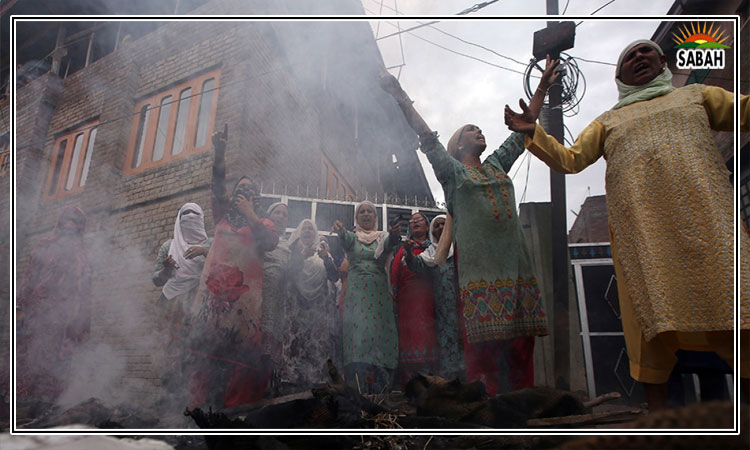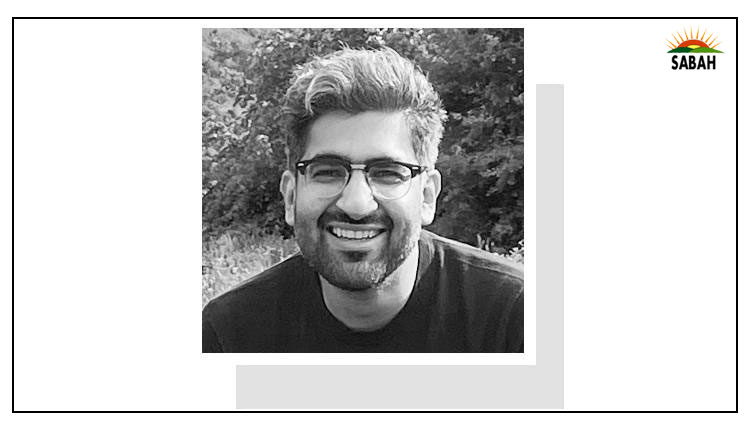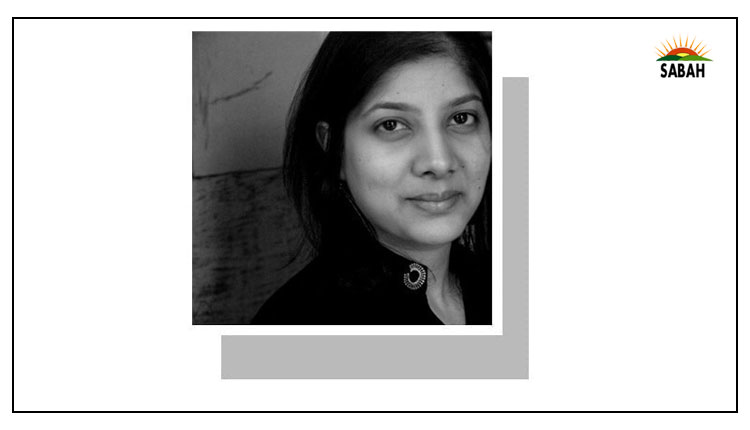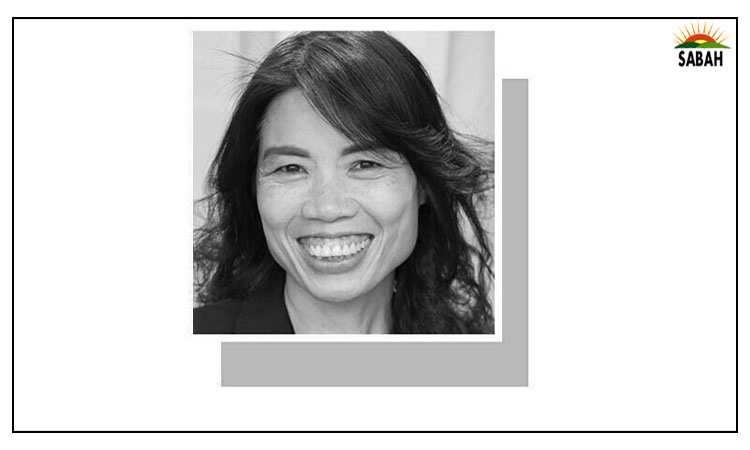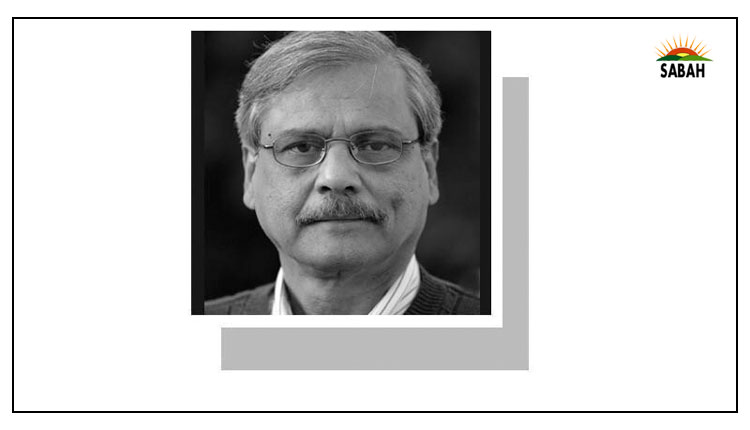Shadow of authoritarianism…Zahid Hussain
IT is a desperate move that may bring down the entire edifice. The plan to ban the most popular political party in the country is the most senseless, self-destructive action the government can take. It is nothing short of hara-kiri. Whether or not the decision is implemented, its very announcement has jolted the foundations of the existing political power structure. The ruling coalition is already in tatters.
It was quite a spectacle as a frothing, fumbling federal information minister announced the decision not only to ban the PTI, but also to start sedition proceedings against the partys leader Imran Khan, and former president Arif Alvi. Frustration was palpable when he also vented his anger against the top judiciary, implying partisanship. He was all over the place.
The latest apex court ruling on the reserved seats in favour of the PTI seems to have rattled the ruling PML-N and the security establishment. The perceived pushback by the judges has come as a serious blow to the military-backed dispensation. Not only does the court order give the PTI its due share of reserved seats in the National Assembly, it also recognises it as a parliamentary party. The judges have tried to remedy some of the wrongs that had made the legitimacy of the Feb 8 election questionable.
With the redistribution of the reserved seats, the PTI will emerge as the single largest party in the Lower House. It may not affect the majority of the PML-N-led coalition government, but the loss of some two dozen reserved seats will end its two-thirds majority in both Houses, which is required to make amendments to the Constitution.
The majority decision by the full bench of the Supreme Court was a damning indictment of the establishments efforts to suppress the PTI. The quashing of the conviction of Imran Khan and his wife in the illegal marriage case by a sessions court last week has further frustrated the much-weakened hybrid dispensation, which seems to have lost all control.
The decision to ban PTI is yet another sign of the states desperation.
The former prime minister has already been acquitted in the other two cases in which he was convicted on the eve of the Feb 8 polls. Fresh cases have been framed in order to prevent his release. But, behind bars, Khan remains the most powerful political leader threatening the establishment-dominated regime. The reckless decision to ban the party is yet another sign of desperation to hold onto sliding power. It has put the entire system at the stake.
It is evident that the establishment that has propped up a tottering ruling coalition is behind the plan. The decision has obviously been approved by Nawaz Sharif, the former three-time prime minister who calls the shots as head of the ruling PML-N. It is ironic that a leader who himself was removed from power some years ago has become an instrument in the establishments game plan. He seems not to have learnt any lesson from his own personal political history.
While the PML-N claims that all coalition partners are on board, statements from the leaders of some parties in the alliance expose the divide within. For instance, some PPP leaders said that their party had not been consulted on the decision to ban the PTI, though there is still some ambiguity about its position on the issue. With the presidency and some other constitutional positions being held by the party, it remains to be seen how the PPP resists pressure from the establishment.
Any support for the decision to ban the PTI will destroy the democratic credentials of a party that has itself been a victim of the establishments machinations. The PPP must make its position clear.
With no major political party supporting the PML-N action, the establishment stands isolated. It is unlikely that any reference on banning the PTI will be ratified by the apex court, which has already declared the PTI a political party.
There have been a few examples in the countrys history of a mainstream political party being outlawed. But it has never helped to attempt to eliminate a partys popular support base. One such case was that of the National Awami Party, which re-emerged as the Awami National Party after the ban. Similarly, the PPP faced restrictions by Gen Musharrafs military government in the 2002 elections and had to contest under the banner of PPP Parliamentarians.
Even if the PTI is banned, its support base will not diminish. The establishment did everything to keep the PTI out of the elections but failed to prevent the people from voting for the candidates it supported. Had the election results not been manipulated, the party would have won a majority in parliament. The installation of a government with questionable legitimacy and total dependence on the establishment has been a major cause of the continuing political instability in the country.
Despite all the efforts to demolish it, the PTI remains the most powerful political force in the country. The latest Supreme Court ruling has given the party an immense boost and has increased the concerns of the establishment and ruling alliance. The decision to ban the party and charge its leaders with treason reflects a state of panic, which it is feared, may lead to more thoughtless action by the weakened hybrid rulers to suppress whatever is left of the democratic process.
There is loud talk of the possibility of a state of emergency being imposed, which would curtail judicial powers. The shadow of authoritarianism is looming large. Any such move would be disastrous for the country, which is facing multiple challenges. Not only is the economy in dire straits, a serious national security challenge in the form of escalating terrorist attacks that are claiming the lives of a growing number of soldiers also exists. Pakistan needs political reconciliation rather than confrontation as it faces an existentialist threat.
Courtesy Dawn


